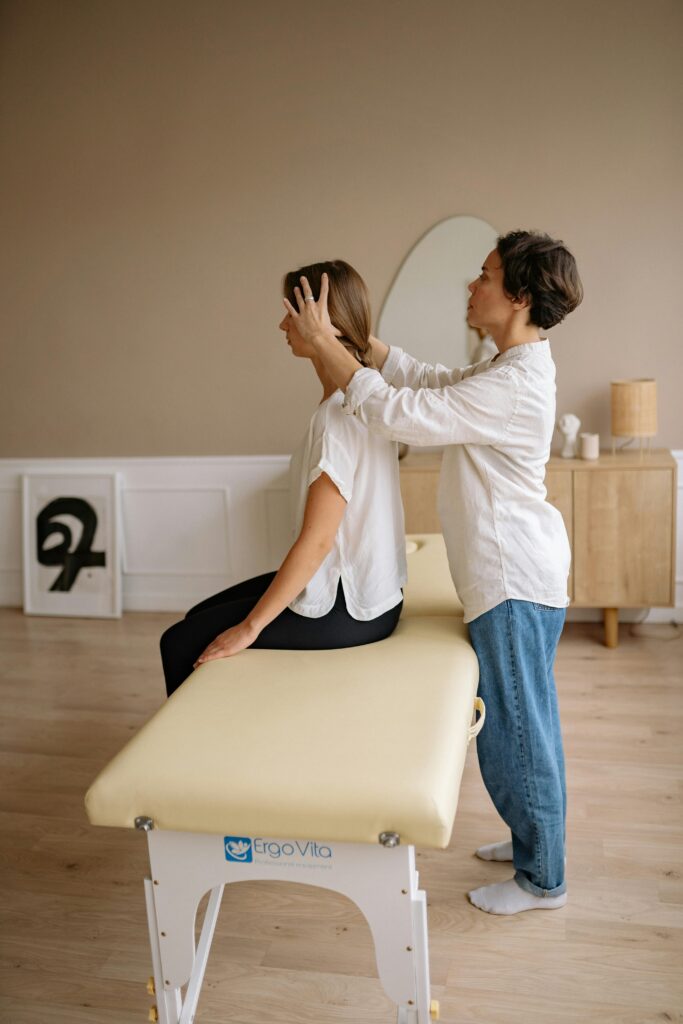LATEST MASSAGE THERAPY RESEARCH
Benefits of Massage-Myofascial Release Therapy on Pain, Anxiety, Quality of Sleep, Depression, and Quality of Life in Patients with Fibromyalgia
If you suffer from fibromyalgia you are aware of the intense overall pain, the always present fatigue, never feeling like you have enough sleep, chronic headaches, anxiety, and depression among the many other symptoms as well.
In this study, the massage technique of myofascial release (MFR) has been shown to significantly improve the symptoms associated with fibromyalgia. Myofascial release targets the softening of the fascia around the muscles. The fascia is like the “plastic wrap” around each muscle fiber, the “spaghetti noodles.” The fascia acts as a supportive framework around each muscle fiber to hold it all together. So, when you move, the fascia must move, so the muscle can move, and so on…this is how the mechanism works.
However, fascial entrapments, where the fascia is stuck and won’t move, occur for a multitude of reasons. These fascial entrapment patterns cause that area in the body to stop receiving appropriate stimuli and create a dysfunctional process called “densification,” (Moreno-Lorenzo, 2011). It has been shown in the tissue where densification occurs, causing limited movement, fat accumulation, and an altered chemical state of the tissue. However, with MFR, you can manage your symptoms with massage so that you can feel better and live a more pain-free life.
Want to know how we can help you improve your overall health? Contact us today!




